Salmonella control programme works in German poultry
The annual national status report on Salmonella forms part of an EU control programme, which was established in 2008. The German Federal Institute for Risk Assessment (BfR) recently evaluated the 2010 data and found fewer Salmonellas in chicken than previous years.
Data for 2010 showed that 0.3% of chicken breeding flocks and 0.2% of broiler flocks had levels of salmonella relevant to the EU control programme. In 2009 the figures were 0.9% and 0.4% respectively.
"These figures consolidate a trend which already became manifest in previous years. Fewer poultry flocks are contaminated with Salmonella, meaning that the control programme is working," says BfR President Professor Andreas Hensel.
The Federal Institute for Risk Assessment has analysed samples from more than 10,000 poultry flocks.
Compared to the salmonella findings in 2009 and 2008 and those of the baseline studies from the years 2004 to 2007, the numbers for the control-relevant Salmonella types S. Infantis, S. Hadar, S. Virchow as well as S. Enteritidis and S. Typhimurium are on the decrease.
For laying hens, the detection rate was 1.9%, compared to 4.8% in 2009 and 2.7% in 2008. For breeding turkeys, no salmonella was detected, as had already been the case in the baseline studies. In contrast, low levels of Salmonella (0.6%) were detected in fattening turkeys.
The figures confirm the success of reaching the common goal set in the control program: a maximum of 1% of the sampled breeding chicken, broiler and turkey flocks are contaminated with control-relevant Salmonella. For laying hens, a reduction of the rate compared to the previous year by at least 10% applies.
In accordance with Regulation (EC) No. 2160/2003, the salmonella control programme comprises a monitoring programme in addition to protective measures against salmonella such as the duty to vaccinate laying hens in countries with high salmonella rates and strict rules governing feed.
Join 26,000+ subscribers
Subscribe to our newsletter to stay updated about all the need-to-know content in the feed sector, three times a week. Beheer
Beheer

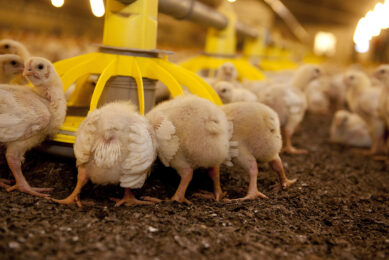
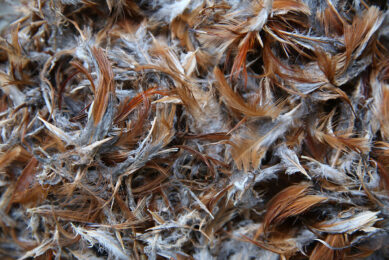
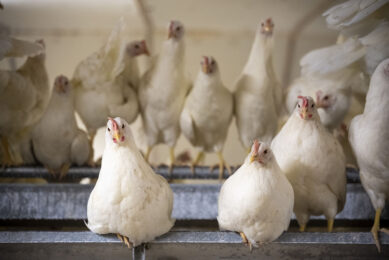
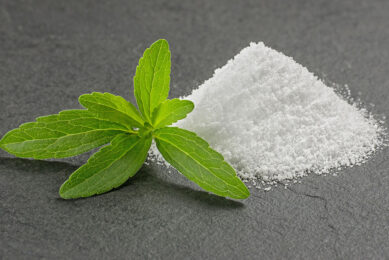
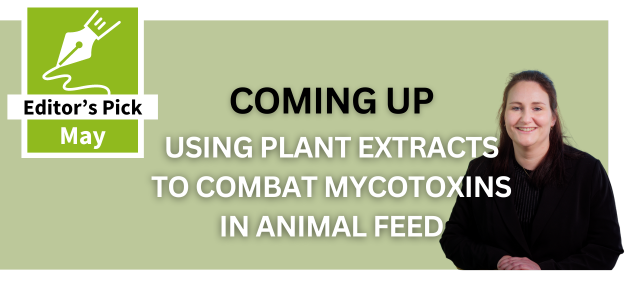



 WP Admin
WP Admin  Bewerk bericht
Bewerk bericht